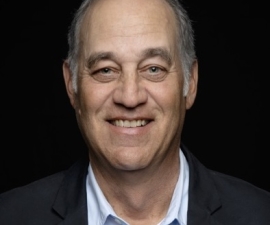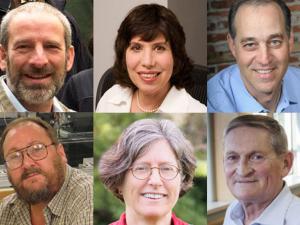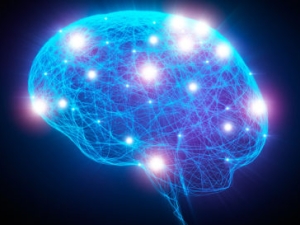

Research Bio
Mark D'Esposito is a Distinguished Professor of Neuroscience and Psychology at the Helen Wills Neuroscience Institute. Drawing on his training in Neurology, Neuroscience and Psychology, his research focuses on investigating the neural bases of high-level cognitive processes such as working memory and cognitive control, achieved through several different experimental approaches and methodologies. First, functional MRI (fMRI), transcranial magnetic stimulation (TMS) and electrocorticography (ECoG) are used to identify the neural substrates and temporal dynamics of various cognitive processes, especially those supported by the prefrontal cortex, in normal human subjects. Second, the role of the dopaminergic system in working memory and cognitive control is investigated with pharmacological studies during which direct dopaminergic agonists are administered to normal human subjects, as well as patients with Parkinson’s disease. Third, behavioral studies in patient populations with frontal lobe dysfunction (e.g. stroke, brain injury) are performed to further understand the mechanisms that underlie working memory and cognitive control. Fourth, based on the knowledge gained from our research on frontal lobe function, we are developing and implementing cognitive therapeutic approaches to patients with traumatic brain injury and healthy elderly with executive function deficits. Finally, our methodological research is aimed at developing improved techniques for the acquisition and the analysis of fMRI and TMS data.
Research Expertise and Interest
cognitive neuroscience, psychology, working memory, frontal lobe function, functional MRI, neurology, brain imaging, dopamine
In the News
Seven UC Berkeley Scientists Elected to the American Academy of Arts and Sciences
Six UC Berkeley faculty elected AAAS fellows
Elders use brain networks differently for short-term recall
Older people’s short-term memory is generally slower and less accurate compared to younger people. But a new University of California, Berkeley, study suggests that brains that continue to perform well in old age do so by rallying more of the brain to complete mental tasks.



